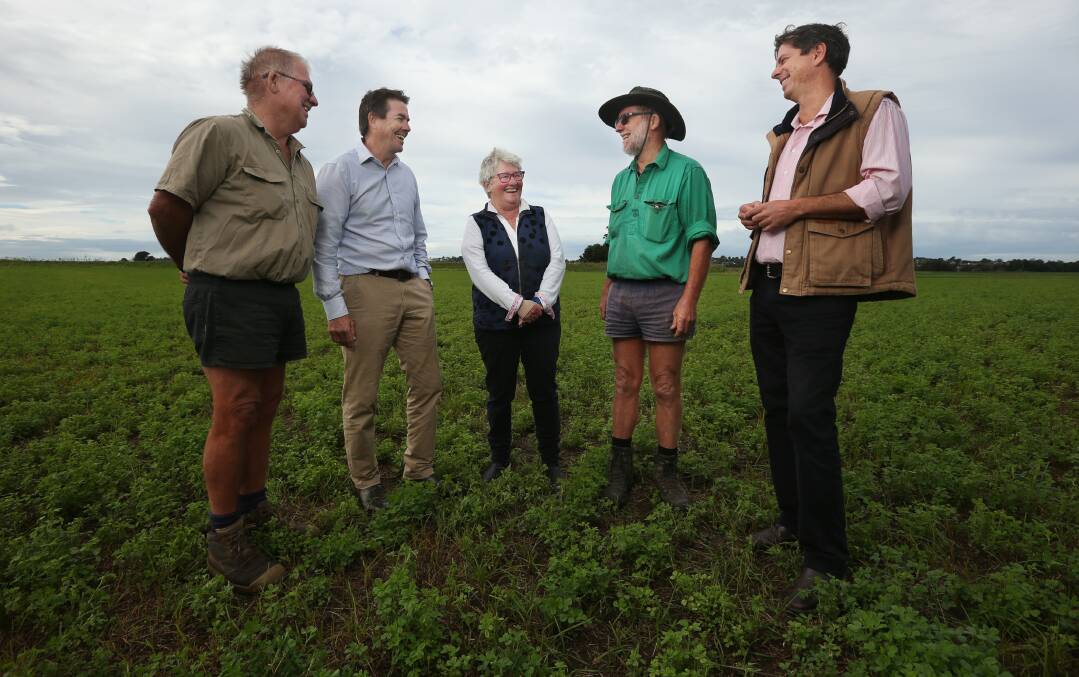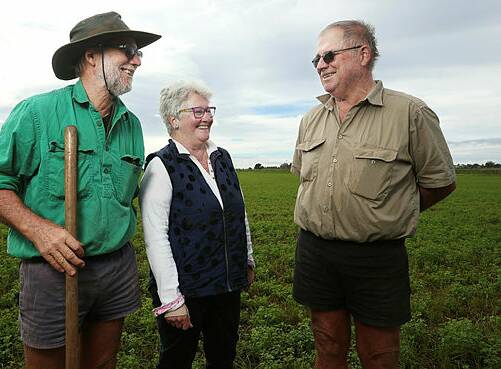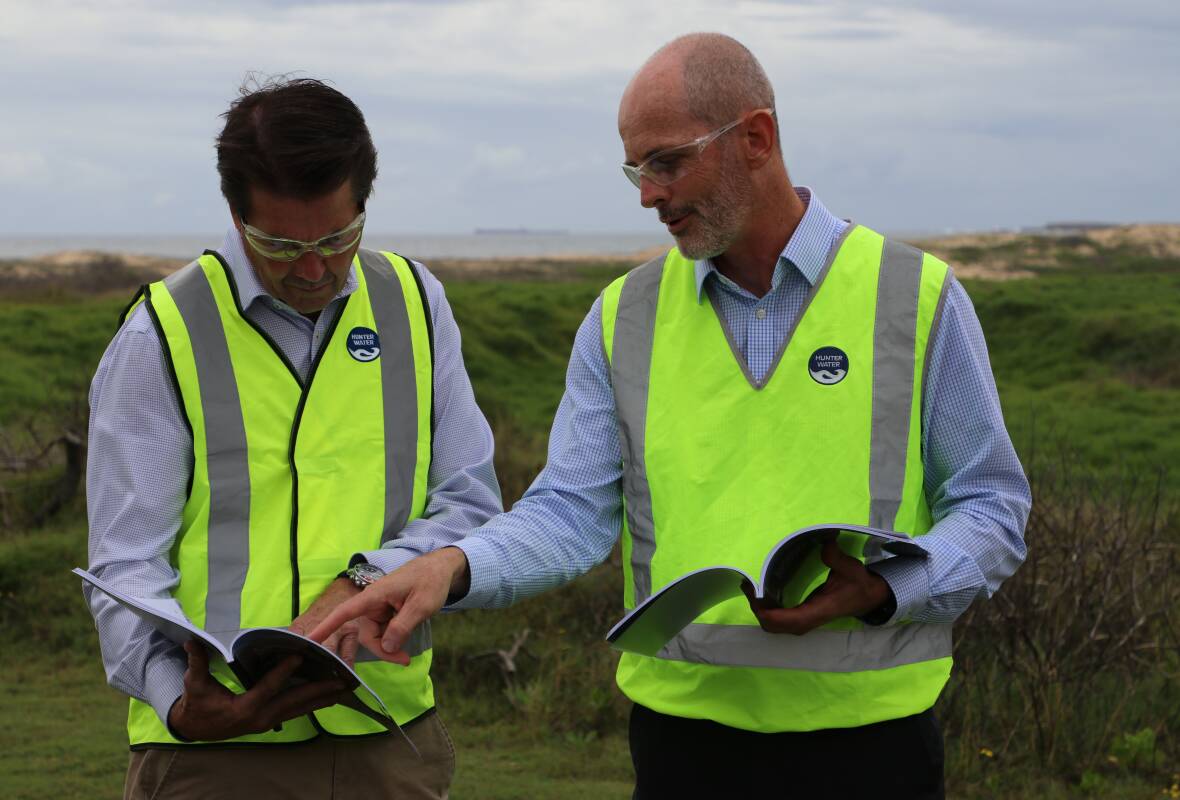
Lower Hunter farmers have won their battle to continue irrigating from the Hunter and Paterson Rivers following a backdown from the state government.
Water Minister Kevin Anderson announced on Wednesday that a proposal to introduce new restrictions for the rivers' tidal pools as part of the Hunter Alluvial and Unregulated Water Sharing plan had been scrapped.
Despite being warned the restrictions would wipe out hundreds of jobs in Maitland and surrounding areas, Department of Planning staff argued the changes were necessary to safeguard the fresh water supply from increased salinity during dry spells.
Mr Anderson, who is also lands minister, said the government had listened to community feedback.
"When it comes to managing water, my view is healthy rivers, healthy communities and healthy farms," he said.
"As part of a review of salinity levels across the region the Department of Planning and Environment undertook a study into alternative management practices. There was overwhelming opposition to the change, and as a result the proposed water sharing plan will not include any cease to pump rules in those rivers.
"The proposed changes would seriously undermine vegetable and dairy production in the Hunter, and would undermine the activities of the Tocal Agricultural College which is dedicated to training our next generation of farmers."

Upper Hunter MP Dave Layzell described the region's farmers as the 'best in the business'.
"Farmers are the best custodians of the environment and sustainable land managers," he said.
"They have clearly demonstrated they have developed best practice in terms of managing the salinity levels. It is clear that following consultation with landholders they will be able to continue to manage their access to water without additional red tape.
"Farmers have worked this land for generations and community feedback has indicated that the proposed cease to pump rules would be arbitrary and overbearing."
Lower Hunter Agricultural Water Users Incorporated representative Julia Wokes said the decision was a victory for sustainability.
"The cease to pump as it was proposed would have been diabolical; we wouldn't have been able to continue our farming operations in the tidal pool," she said.
"We live in a flood plain and that involves flooding. We don't bellyache about that but the other side of the coin is we irrigate when it's dry.
"The valley is in transition and agriculture has to be part of that mix. Given the valley's climate, you can't have agriculture in the Hunter Valley without irrigation."

Mr Anderson also officially launched the Lower Hunter Water Security Plan at the site of the future Belmont desalination plant.
The strategy aims to ensure the region has a resilient, secure and sustainable water supply over the next 40 years.
It includes a range of supply and demand measures to ensure there is enough water to supply homes, businesses and industry in the region for the future and during drought.
"Safe and secure water is important to regional communities, and this plan clearly lays out how the NSW Government will continue to support the Lower Hunter over the next 40 years," Mr Anderson said.

"This plan is a foundation for the region's continued economic development, the largest in terms of economic output of any region in Australia.
"I thank the community for their broad and extensive engagement with the LHWSP over the past three and a half years. The high level of support puts the region in a strong position to manage future challenges and overcome adversities such as drought."
Hunter Water Managing Director, Darren Cleary, said all LHWSP actions attracted support from the community, with strong support (97 per cent) for water conservation and leakage reduction, which are foundational elements of the plan.
"Hunter Water will also continue to explore the opportunity to access deep groundwater sources near Tomago and opportunities to reduce evaporation from our dams," Mr Cleary said.







